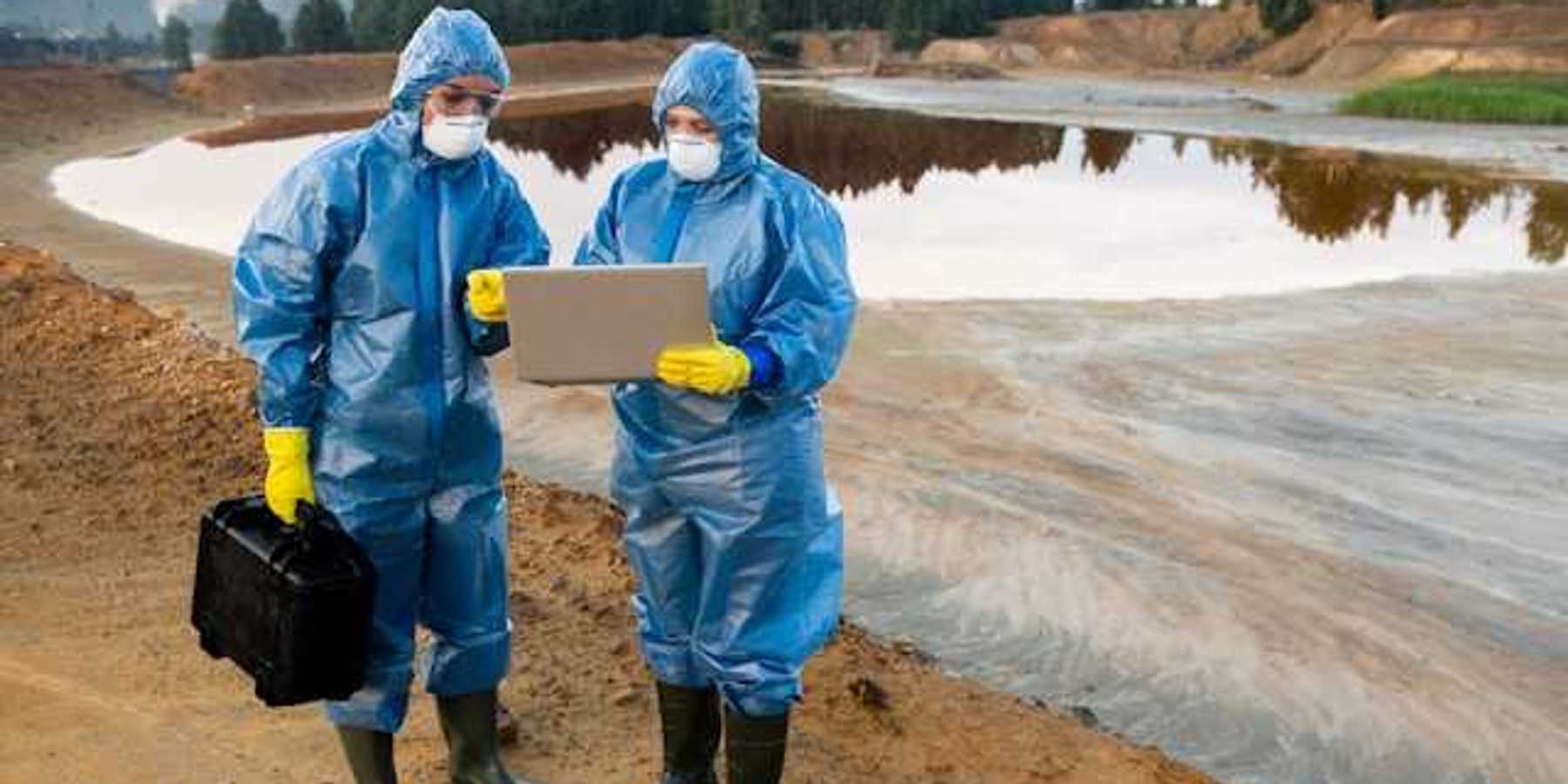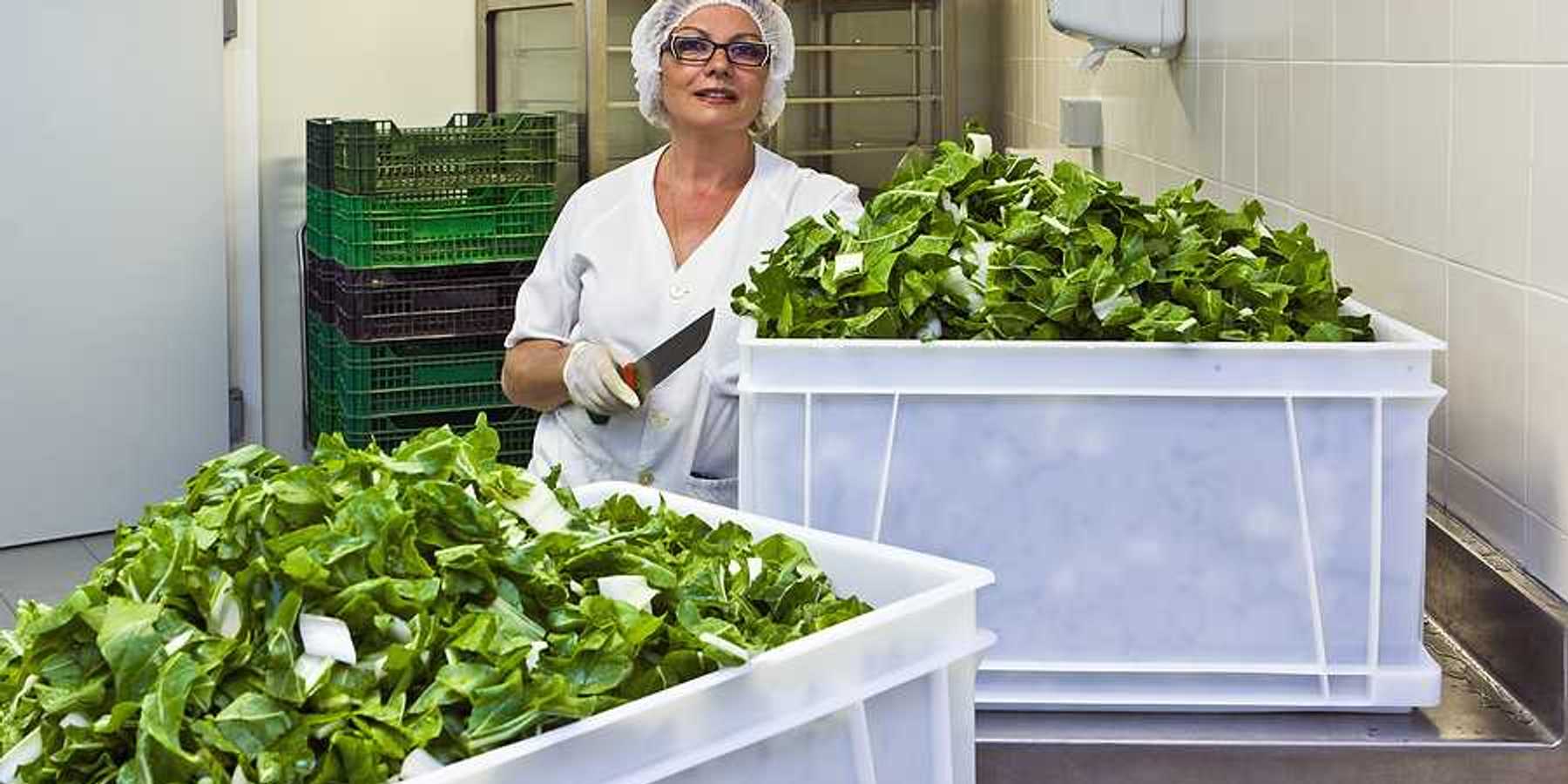17 September 2024
Food waste and agriculture are major drivers of methane emissions
Researchers have found that human activities, especially food production and waste, are responsible for two-thirds of global methane emissions, offering a chance for intervention.
Frida Garza reports for Grist.
In short:
- Global methane emissions have risen rapidly, with agriculture and waste contributing nearly twice as much as fossil fuel production.
- Livestock farming, particularly cattle and sheep, is the largest agricultural source of methane, with dietary changes and innovations like seaweed feed additives as potential solutions.
- Managing food waste better, such as through composting, can also significantly reduce methane emissions.
Key quote:
Reducing methane "is also seen as a possible way to buy time.”
— Peter Raymond, professor of ecosystem ecology at the Yale School of the Environment
Why this matters:
Methane is a potent greenhouse gas that traps heat much more effectively than CO2, though it has a shorter lifespan. Reducing methane emissions can provide a faster impact in slowing global warming, making it a key target for climate action.
Learn more: How the world wastes an astonishing amount of food, in three charts













